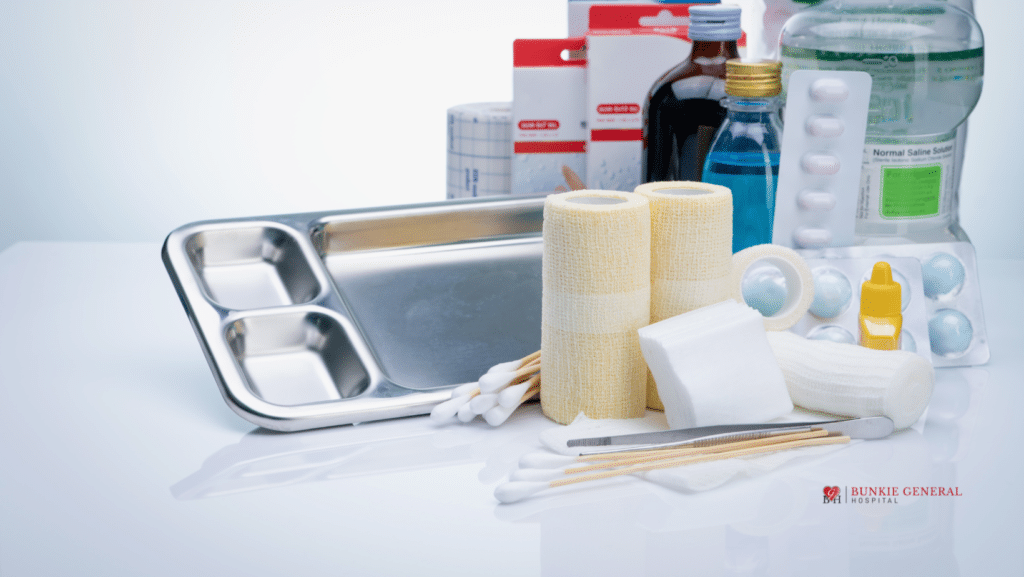A chronic wound is a wound that is slow or difficult to heal. According to Medicare data, chronic wounds affect an estimated 10.5 million Americans, and the number continues to climb.1 Specialized wound care, though, not only speeds healing but also helps prevent infection and limb loss. In fact, one study showed patients who regularly attend scheduled wound care visits have a 25% lower 30-day readmission rate.2 Findings like these reinforce what we already know—wound care is essential to avoid long-term complications like severe infections and amputations.
The best way to care for wounds is to prevent the formation of wounds in the first place. Check your feet daily, keep them clean and dry, wear socks and shoes at all times and exercise. However, if a wound develops, seek medical attention immediately to develop a plan of care.
Attending regular wound care appointments at a specialized outpatient wound center is key to healing your wound. This is because some chronic wounds require specialized dressings that are difficult to provide in a private office setting. In addition, depending on their location and type, other chronic wounds may require advanced treatments, like debridement (removal of dead or infected tissue) or cellular, acellular or matrix-like products (CAMPs) (skin substitutes), to properly treat the wound.
Remember, taking care of your wound is taking care of your health. The clinicians at Bunkie General Wound Care Clinic are dedicated to caring for your chronic wounds to get you back to doing the things you love. The center’s approach is comprehensive, coordinating traditional and advanced therapies to aid and accelerate the healing process.
For more information, visit HERE or call 877-295-2273 today.

This article is for information purposes only and is not intended for medical diagnosis or treatment. Always consult your healthcare provider with any questions or concerns about your health.
REFERENCES
1https://pubmed.ncbi.nlm.nih.gov/33733885/
2https://www.ncbi.nlm.nih.gov/pmc/articles/PMC8356413/

